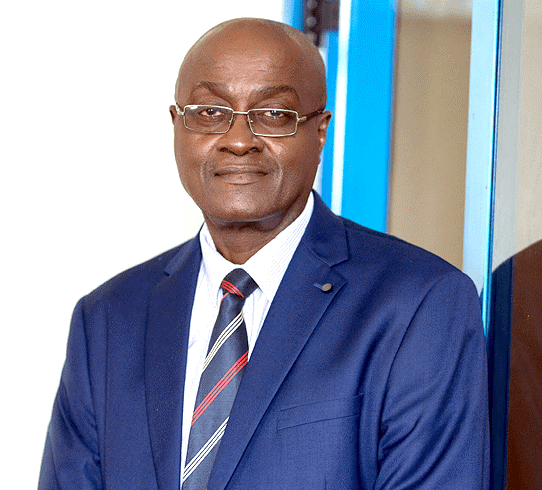Dr. Richmond Atuahene, a banking consultant has pointed to the recent debt exchange program, which he asserts has led to substantial losses for Ghanaian investors.
His remarks come on the heels of statements by the Finance Minister, who recently asserted that Ghana has achieved a “soft landing” after a period of economic turbulence.
Speaking on Morning Starr with Naa Dedei Tettey, Dr. Atuahene’s data-driven perspective paints a different picture, pointing to significant challenges that, he argues, have yet to be effectively addressed.
“We landed hard,” he said, contrasting the government’s optimistic messaging with what he describes as harsh economic realities. “If you look at the trajectory in the whole of Africa, especially sub-Saharan Africa, we are a country really, really suffering.”
“People have lost their investments,” Atuahene explained. “It’s been rescheduled for 13, 15 years,” he said, questioning the sustainability of such measures.
One of Atuahene’s main concerns is the rapid depreciation of the cedi. “About eight years ago, the dollar was 4.1 to the cedi. Today we are close to 18. With all this chatter, what have we done to ensure stability of the currency? Absolutely nothing,” he asserted. This devaluation, he said, highlights a lack of effective fiscal measures to stabilize the economy, despite periodic cash infusions such as revenue from syndicated cocoa loans.
Atuahene also criticized Ghana’s inflation rate, which is among the highest in the sub-region. “Apart from Nigeria, which is slightly ahead of us, we are the worst country in inflation. If you go to Togo, it’s about 6.4%. Africa is up at 3.8%, or thereabout. Even Burkina Faso is better off,” he noted, pointing to inflation as an indicator of deeper structural issues.
In addition to currency and inflation concerns, Atuahene spotlighted Ghana’s low rate of private sector credit financing—just 8%, significantly lagging behind other countries. “In the whole sub-Saharan Africa, we have the lowest private sector credit financing,” he stated. He compared Ghana’s rate with other African countries like Burkina Faso, which has 31%, and Mauritius, which has a staggering 68%. This, he argued, is a result of the government’s continued reliance on borrowing, which has driven up interest rates and restricted capital flow to the private sector. “How is the private sector going to get business money to expand the economy?” he asked, emphasizing the implications for long-term economic growth.
Atuahene also drew attention to Ghana’s rising poverty levels. Citing recent World Bank data, he stated, “Currently, according to the World Bank, 30% of Ghanaians are living in abject poverty, below $2 a day. We have jumped from 4 million to nearly 10 million people who cannot even feed themselves.” In his view, these statistics challenge the notion that the country has reached any kind of economic stability, much less a “soft landing.”
Atuahene’s critique extended to the government’s fiscal policies, which he argued have focused too heavily on monetary measures without adequate fiscal discipline. “Instead of cutting costs to make savings, the government continues to spend without significant adjustments,” he argued, calling for a shift from costly, short-term initiatives to more sustainable cost-cutting and economic strategies. He warned that Ghana’s trajectory resembles that of Jamaica in the early 2010s, a period marked by repeated debt restructuring due to insufficient fiscal space. “If we don’t take action now, we’ll find ourselves rescheduling debt again by 2026 or 2027,” he predicted.
In closing, Atuahene urged the government to look beyond immediate fixes and address the structural challenges facing the economy. “What are we doing to generate revenue to pay back this debt? What are we going to produce to bring in dollars?” he asked, underscoring the need for long-term planning and accountability.



